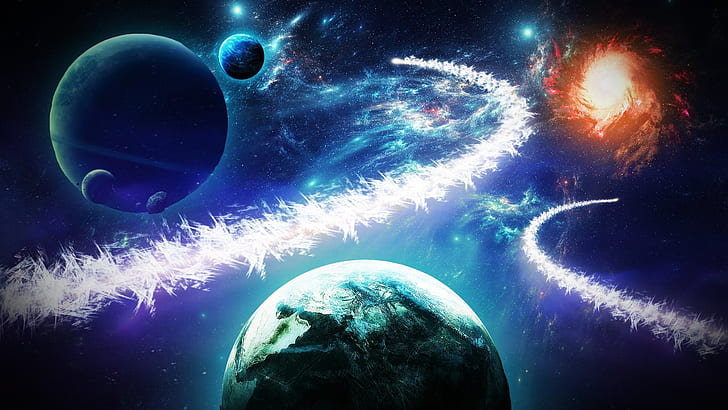
Astrology generally believes that astronomical phenomena, such as the fact that your birth stars and Mercury are retrograde, influence the everyday events and personality traits of our lives. It is defined as a belief. Of course, this is very different from astronomy, which is the scientific study of celestial bodies, outer space, and the universe’s physics.
The big belief in astrology continues in today’s modern era, and this is why we see a rise in numerous astrology apps which lets us consult an astrologer online without even leaving the comfort of our homes; this makes it easier for us to speak to an astrologer in the current situation of the pandemic. Whether backed by science or not, Astrology will continue gaining popularity because it provides people with a sense of certainty and often validates their actions.
One particular aspect of astrology, predicting a person’s future and advice on daily activities through horoscopes, is becoming particularly popular. Many people are looking for a way to interpret the stars for guidance. Astrology is based on understanding the position of stars, which in itself seems like a scientific pursuit. But is there any science that proves that astrology affects our personality and our lives?
The pillars of astrology are widespread and have existed for a surprisingly long time. One of the earliest known columnists was William Lilly, a 17th-century astrologer. He predicted the Great Fire of London 14 years too early.
Undoubtedly, many people just read their horoscopes for entertainment or conversational topics. However, some believe that astrology predictions are scientifically credible and effectively understand human behaviour. Over the last 40 years, a surprising amount of scientific research has been done to test astrology claims. Asking people if they think astrology is scientific gives a different perspective.
In a Eurobarometer survey of attitudes towards science and technology, half of the randomly selected respondents were asked how scientific they considered astrology. The result shows a surprising discrepancy. Over 25% believe astrology to be “very scientific”, while horoscopes are only 7%.
Modern tastes in astrology are more closely related to the social sciences of psychology than the observational sciences on which it was previously based. If we can set aside modern judgments and learn the language of ancient astrologers (the language newly available with the recent resurgence of classical texts), we can discover lost insights.
But for some, astrology is not an exact science like astronomy, and it only reveals trends and directions that can be changed by either the will of God or the will of man. The movement of the stars dominates only the elemental world, and the soul is free to choose between good and evil. The ultimate goal of human beings is to free themselves from the astrologically dominated material world. Some astrologers, such as the Haranians and Hindus, consider the planet itself a powerful god. Its decree is modified by petitions and liturgy or science that persuades Theurgy, God and other supernatural forces.
Astrology consists of belief systems that assume a link between astronomical phenomena and the depiction of events and personalities in the human world. Scientific tests have found no evidence to support the assumptions or intended effects described in the astrology tradition. If astrology made a falsifiable prediction, it was disproved.
The most famous test was supervised by Shawn Carlson and involved a committee of scientists and a committee of astrologers. It concluded that Natal astrology does not work better than chance. Astrologer and psychologist Michel Gauquelin claimed to have found statistical evidence of the “Mars effect” on the athlete’s date of birth, but this has not been reproduced in future studies. Later study organizers argued that Goklan sought to influence the study’s selection criteria by proposing to exclude certain people. Geoffrey Dean also suggests that parents’ reports at birth (before the 1950s) may have caused obvious effects.
Astrology is considered a pseudoscience because it has not been proven effective in controlled studies and has no scientific validity. The mechanism by which the position and movement of stars and planets can affect people and events on Earth in a way that astrologers say is consistent with the well-understood basic aspects of biology and physics.
Most professional astrologers rely on performing astrologer-based personality tests and making relevant predictions about the recipient’s future without a validated scientific basis for their beliefs and disagreements. Astrophysicist Neil deGrasse Tyson Regarding the belief in astrology, “Part of the thought is to know how the laws of nature shape the world around us. Without this knowledge. Without this thinking ability, it tends to be prey to those trying to take advantage of you.
Despite the lack of reliability, the ongoing belief in astrology is low scientific literacy, though some still believe in it even after being scientifically literate.

